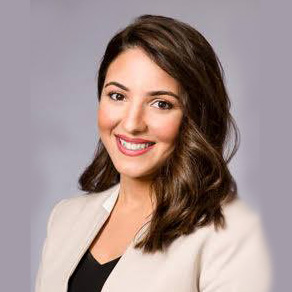Why I Chose Cardiology

I was drawn to the field of cardiology since early childhood. During summer vacation in the rural Republic of Georgia when I was 14 years old, I witnessed my grandfather having a heart attack. We were extremely close and it was one of the most stressful moments of my life. To this day, I vividly remember the feeling of relief when the ambulance finally arrived and rushed him off to receive a life-saving intervention (the cardiologist was a woman). At that moment, my interest in medicine was born and I wanted to help patients and their families.
I was privileged to join the cardiology service at Mayo Clinic and Emory University Hospital for clinical rotations while I attended medical school in the country of Georgia. I was constantly amazed by complex cardiology procedures and groundbreaking research projects, and realized that the field of cardiology was my passion. It was also never a question to reconsider my decision of pursuing cardiology simply because I was female. During residency, the bulk of my scholarly activity was focused on an exciting project to develop an atrial fibrillation detection algorithm using photo plethysmography signal from a wristband, as well as other projects focused on this arrhythmia. These activities sparked a strong interest in the field of electrophysiology and medical innovation. I was lucky to have both exceptional male and female mentors throughout residency such as Amit D. Shah, MD, PhD, FACC; Laurence S. Sperling, MD, FACC; Gina P. Lundberg, MD, FACC; and Arshed A. Quyyumi, MD, FACC, who constantly supported my academic and clinical growth.
When I shared my enthusiasm for cardiology and especially electrophysiology with my colleagues, I was warned that I would face many challenges to achieving a good work-life balance because I am a woman. To excel in a specific field, it is crucial to put effort and time into your goal; this comes at a higher price for women. I am married to a physician, and unfortunately we have to live apart in different states for few years in order to follow our passions. My goals are to serve as a role model and mentor for generations to come, help overcome internal and external barriers that prevent women from pursuing cardiology, and contribute to the field of cardiology though the scholarly activity.
This article was authored by Nino Isakadze, MD, Fellow in Training (FIT) at Johns Hopkins Hospital in Baltimore, MD.
This article is part of the ACC WIC Section's #ChooseCardiology series, where women in residency, fellowship and early career are encouraged to share why they would choose cardiology again.

